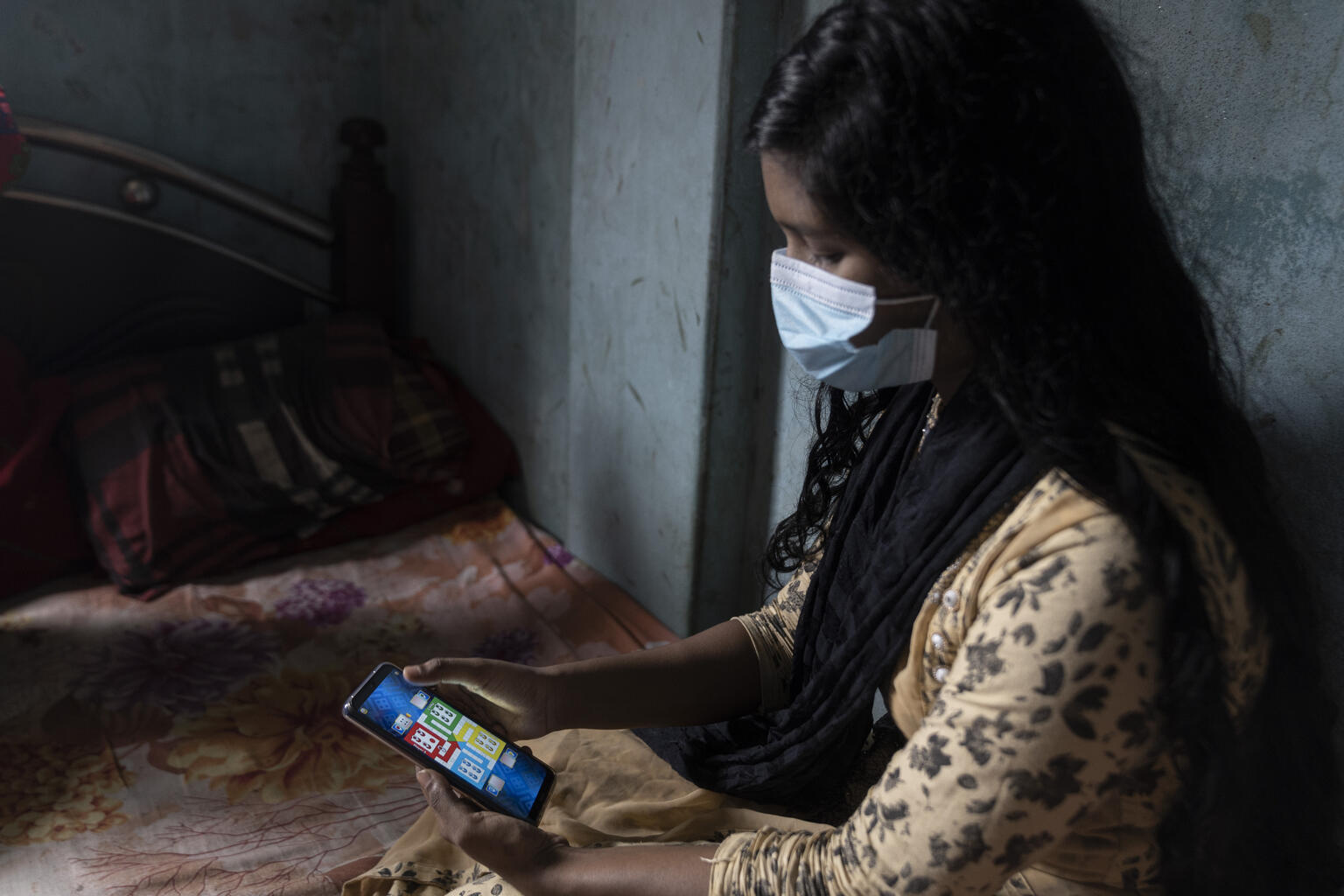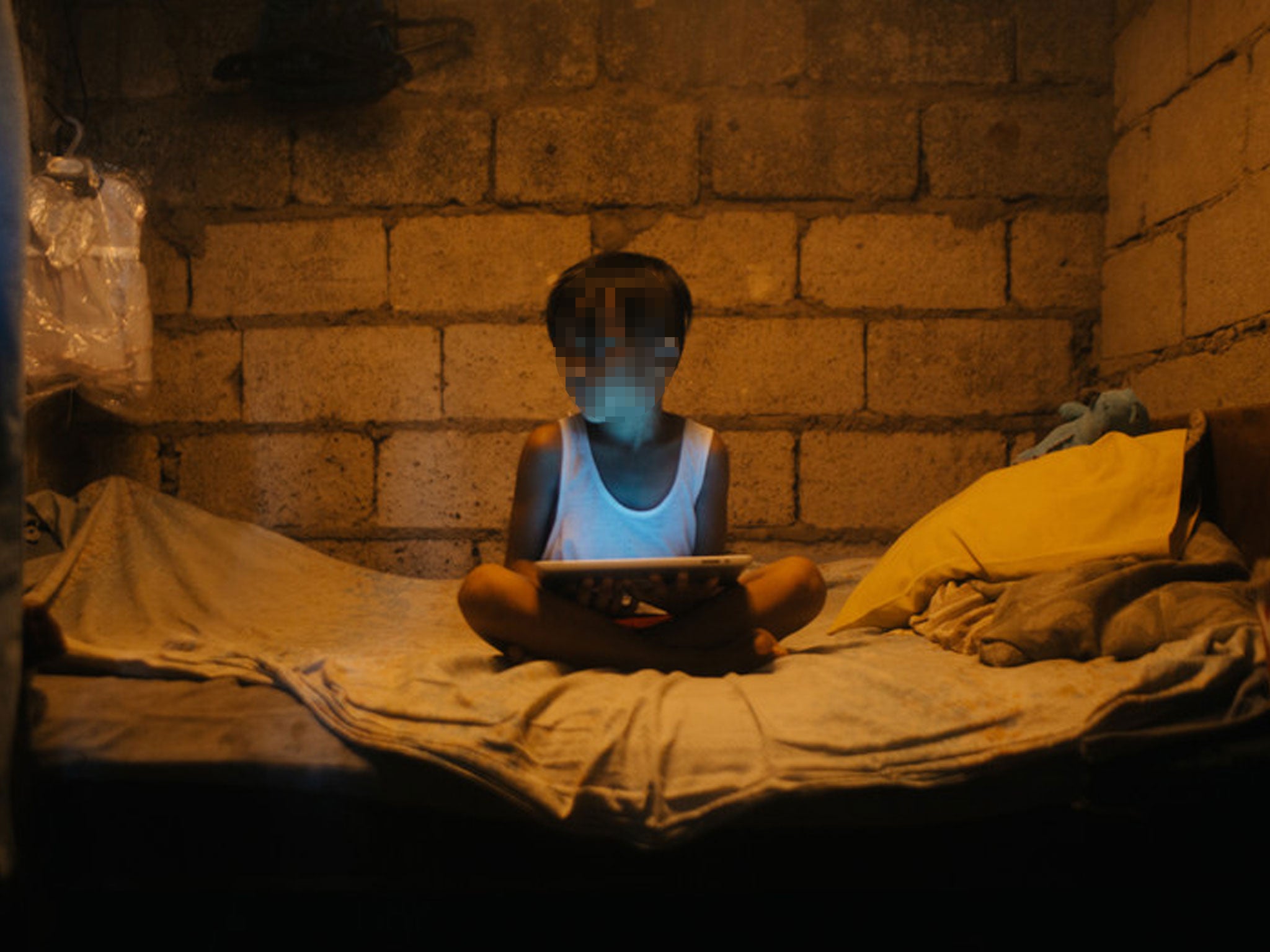News
Philippines Waging a 24/7 War Against Online Child Sexual Abuse

Every day, the Philippines’ largest telecommunications operator fights a war online, banning millions of attempts by users to view child sexual assault material. Since November 2022, PLDT has rejected over 1.3 billion attempts to access such material through its ground-breaking kid protection platform. A mechanism that compares user searches to a database of known web sites carrying sexually abusive content.
“There’s a lot. “It’s concerning,” PLDT CIO Angel Redoble told Reuters. “We don’t know how quickly the adversaries are improving. We must deal with it on a daily basis.”
In a 2020 survey conducted by the International Justice Mission, a non-governmental organisation located in the United States that works to combat sex trafficking and exploitation, the Philippines was declared the world’s #1 provider of online child sexual exploitation content.
According to the study, endemic poverty is fueling an increase in abuse in the Philippines, where almost 20 million of the 115 million people live in poverty.
According to a study done by Unicef and published in 2022, an estimated two million Filipino children have been victims of internet sexual abuse and exploitation.
The country’s justice ministry has ordered telecoms and Internet service providers to notify law enforcement about child sexual abuse content and update their technology to stop it, or risk prosecution.
Web Searches in the Philippines
However, data privacy rules in the Philippines limit what Internet service providers can see – they can see a user’s search activity but not individual users or their chats.
Experts in technology are concerned that data privacy regulations may unintentionally mask some crimes, such as online child sexual exploitation.
According to the International Justice Mission, internet child sexual exploitation is a “fast-growing, borderless crime,” with criminals in Western countries enticing Filipinos to sexually abuse children and post photographs or videos of the abuse online.
According to the report, live streaming is more common in the Philippines than in other nations due to cheap Internet access, robust money transfer infrastructure, widespread English-language competence, and the country’s reputation as a sex trafficking hotspot.
At the moment, Philippine telecom carriers and Internet service providers are unable to restrict live-streamed video.
According to the Internet Watch Foundation (IWF), a technology-led child protection organisation based in the United Kingdom, mistreated children and criminals are frequently found in different parts of the world.
“It may surprise you, but Europe is by far and away the worst place for hosting this material,” said Mr Josh Thomas, the foundation’s press manager.
Screening for child sexual abuse material
As the Covid-19 pandemic drove many Filipinos into poverty, the justice ministry reported a 260% increase in reports of internet sexual exploitation between 2019 and 2022. Since 2018, PLDT has been striving to prevent child sexual abuse-related content, however it could only stop suspicious domains.
“We thought that in order to block on a content level, we would violate privacy laws by sniffing through our subscribers’ traffic,” Mr Redoble explained.
The corporation established its own cybersecurity team, which devised a way for screening for child sexual abuse material while complying with data protection rules. However, it required a method to detect the objectionable material.
IWF experts stepped in to help the group by providing a unique “hash” – a form of digital fingerprint – to materials found online that were determined to include child sexual abuse.
“It’s a line of code that, crucially, cannot be reverse-engineered to generate or access abuse imagery,” Mr Thomas explained.
The IWF offers Internet service providers with a hash list of confirmed child sexual abuse material to block. PLDT had received over 400,000 such codes from the foundation as of last month.
According to Mr. Thomas, blocking can “protect child sexual abuse victims from further victimisation, protect Internet users from seeing such images, and prevent paedophiles from accessing this content online.”
Globe Telecom, the company’s main competitor, has also joined up with the organisation to improve online child safety, it blacklisted over 65,000 sites including child sexual abuse in the first quarter of 2023 alone.
However, because the crime has no borders, the IWF and telecom firms argue that banning is only one method of combating abusive content.”We must bring suspects to court,” Mr Redoble stated.
Online child safety campaign
According to civil society organisations, the fight against child sexual abuse material must be done within communities, particularly in impoverished places where criminals, including parents, prey on vulnerable youngsters.
Terre des Hommes Netherlands, an international charity organisation, has joined with the Bidlisiw Foundation, a local organisation against human trafficking, in a three-year online child safety campaign named Project Scrol in Cebu province.
The project, which will be launched in 2023, aims to bring together Internet service providers, telecom firms, money transfer agencies, and technology businesses to create a mechanism for quick access to justice, as well as reporting and referral paths for victims of online child sexual exploitation.
It is also present in Cambodia, Nepal, and Kenya.
“Telecom companies have technology and tools that we lack.” “However, they have little influence on the ground, particularly on local governments, enforcers, and households in terms of spreading awareness,” said Ms Judith Pulvera of Bidlisiw.
Project Scrol – trained personnel operate in schools and resorts in Cebu’s tourist district to teach people how to recognise and report red flags of child sexual exploitation.
The use of separate e-mail accounts, for example, to send or receive money transfers from abroad could be one indicator of offenders attempting to conceal their identities.
The project also provided law enforcement and frontline care providers for abused and vulnerable children with digital training on child safeguarding and protection.
Project Scrol also wants to assist the government in enacting legislation to penalise offenders.
The Philippine Congress passed legislation in 2022 that criminalises the creation, distribution, possession, and access to child sexual abuse content. It specifies Internet service providers’, content hosts’, social networking sites’, and financial institutions’ responsibilities for blocking the material.
Mr Redoble believes that the next goal should be to “create a cleaner cyberspace.”
He proposes a “global chain of trust” among telecom firms and Internet service providers worldwide to eliminate hazardous websites and domains that spread child sexual abuse online once and for all.
“When the environment is cleaner, it’s safer, especially for women and children,” Mr Redoble explained.






























